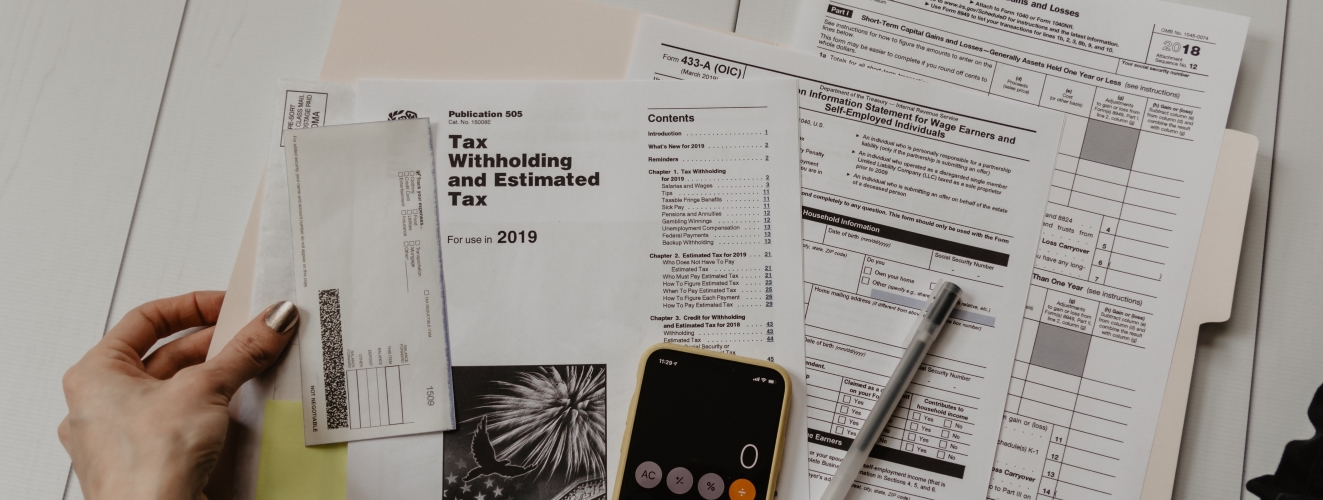
Taxes
In the United States, annual taxes are collected on the income that you receive and on real estate property that you own. You are responsible for paying these taxes each year. If you fail to do so on time, significant penalties can occur.
Below are examples of how these taxes work:
Property Taxes (Real Estate Taxes)
Property tax is the annual amount property owners pay to their local government or municipal corporation. These taxes cover costs like police and fire service, the administration of public schools, road maintenance, library operations and much more. Your local government assesses property tax based on tangible real estate property, including the land and home. Generally, the amount you’ll pay will be a percentage of your home’s value, which varies by area.
In most cases, if you financed your home using a conventional loan your property taxes are added to your monthly loan payment and are paid to the County that you live in. If you do not have a loan on the property (paid in cash), you are responsible for paying your property taxes each year. Here's a general summary:
If you financed the purchase with a home loan:
- Property taxes are likely included in your monthly loan payment.
- Payments are made for you to the County.
- Your monthly payment could change if the tax assessment value changes in your area.
- Check with your lender if you have any questions.
If you paid cash for the home purchase:
- Property taxes must be paid by you - usually twice a year.
- In Washington State, payments are due at the end of April and end of October.
- The County will send payment letters to you each year.
- Failure to pay on time can lead to significant penalties.
For more information about how Property Taxes work, please see this article from Fox Business.
If you'd like more info about how property taxes are included in home loan payments, please see this article from SmartAsset.
For information about Washington State property taxes and how to make payments, please see this article on the Washington State Dept. of Revenue website.
Income Taxes (Federal)
The U.S. federal income tax is a tax levied by the Internal Revenue Service (IRS) on the annual earnings of individuals, corporations, trusts, and other legal entities. Federal income taxes apply to all forms of earnings that make up a taxpayer's taxable income, including wages, salaries, commissions, bonuses, tips, investment income, and certain types of unearned income.
In the U.S., federal income tax rates for individuals are progressive, meaning that as taxable income increases, so does the tax rate. Federal income tax rates range from 10% to 37% and kick in at specific income thresholds. The income ranges the rates apply to are called tax brackets. Income that falls within each bracket is taxed at the corresponding rate.
Here are a few helpful tips on income taxes:
- Federal income taxes for individuals are due by April 15th each year.
- Many employers are required to withhold a portion of wages to cover income taxes. Check with your employer if you have any questions.
- Although you can prepare and file income taxes yourself, it's often helpful to work with a tax professional to do this. Please contact me if you'd like a referral.
- Failure to pay on time can lead to significant penalties.
For a general overview about how Income Taxes work, please see this guide from Investopedia.
For the most current information about income taxes, please see the individual tax information from the US. Internal Revenue Service (IRS) website.
For income tax forms and instruction, please see this page on the Internal Revenue Service (IRS) website.
See more in Home Ownership: